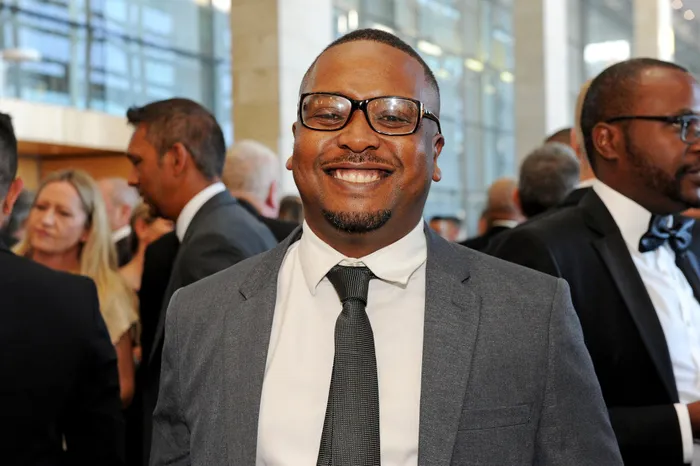
Ayanda Mdluli is the editor of the Daily News.
Image: Picture: David Ritchie/ Independent Newspapers
ARE our politicians in cahoots with drug syndicates?
If the answer to this question is yes, then that means our sovereignty has been compromised. But this should not come as a surprise because the very fabric of our societies and communities across the country are compromised in a very bad way.
The things we have seen will make the hairs on your arms stand.
Growing up in Inanda township, I personally bore witness to the devastating effects of the drug trade on our society.
Inanda township is the home of John Dube, the founding father of the ANC. He founded the Ohlange Institute which is one of the oldest schools with historical significance in the area.
The township is also home to Inanda Seminary, a girls school that has produced some of the best CEOs, ministers, businesswomen and executives that this country has to offer.
Fast forward to 2025, the Inanda communities, once thriving with potential have been laid to waste, while once promising children have succumbed to addiction, transformed into shadows of their former selves.
The realities for those ensnared by these addictions are dire, many face death, prison sentences, or perpetual battle against the ‘zombie’ existence fostered by dependency on drugs and illegal narcotics.
What is clear as day, based on recent developments is that the very same people who swore to protect and serve our people are the very same ones who are responsible for supplying poison in our communities and corrupting the souls of innocent youth.
The recent explosive allegations made by KwaZulu-Natal Police Commissioner Nhlanhla Mkhwanazi have ignited concern across South Africa.
According to Mkhwanazi, the ANC government and politicians in parliament have effectively surrendered the country’s sovereignty to crime syndicates and drug traffickers.
The alarming implications of these claims paint a grim picture of a nation grappling with crime at its highest echelons.
On closer analysis of Mkhwanazi’s claims, a number of questions arise. He claims that there is a drug cartel operating in Gauteng that supplies the whole of South Africa.If drug syndicates are indeed financing politicians and exerting influence over the governance of South Africa, who is the “Pablo Escobar” of our nation?
Are these powerful figures acting alone, or could they potentially be collaborating with foreign government entities?
With various conflicts around the globe having their roots in the drug trade, one cannot disregard the connections that may exist between South Africa’s political landscape and international narcotics operations.
As this drama unfolds before our very eyes I am reminded of a TV show on Disney Plus which looks at the historical precedent of government involvement in drug operations.
The series, titled Snowfall, chronicles the crack cocaine epidemic in Los Angeles in the 1980s. It explores the deep entanglements between government agencies and the illicit drug trade.
In the South African context, the overbearing access to cheap drugs in our communities needs to be looked at with a magnifying glass while we connect the dots.
Another matter that raises suspicion is the excessively tone-deaf response of ANC leaders.
The response in the wake of Mkhwanazi’s allegations raises additional questions. Their attempts to condemn the police commissioner’s statements suggest either a concerted effort to suppress the truth or a potential complicity in the ongoing drug crisis, especially when it comes to leading to speculation about the funding sources for their political campaigns.
If drug cartels are indeed major contributors to electoral prospects, the integrity of South Africa’s democracy hangs in the balance. If we have political parties being funded by drug cartels, then those political parties and politicians have no business being in office and are illegitimate.
This scandal has exposed the systemic issues plaguing governance and law enforcement and also poses urgent questions about the well being of the future generations of South Africans.
Citizens of our country have had enough and they demand accountability and transparency.
No one signed up for this criminal enterprise of a country that our people are being subjected to.
*The opinions expressed in this article does not necessarily reflect the views of the newspaper.
DAILY NEWS